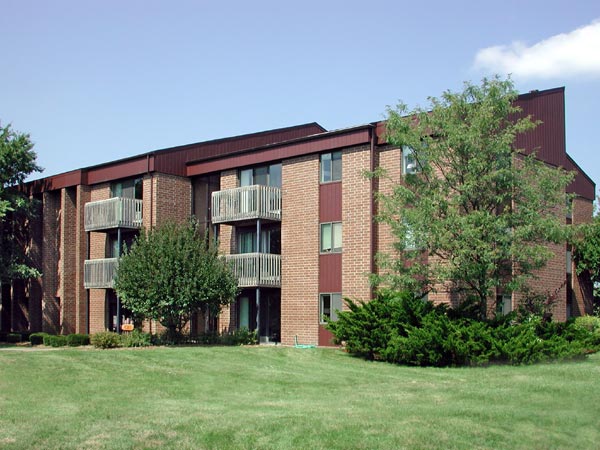Past efforts to get Calvin students to compost may have decreased, but senior Stephanie Bradshaw, member of the Knollcrest East Sustainability Team, hopes KE’s new composting initiative is here to stay.
Calvin has recycled since the early 1980s, but composting has never become a campus-wide practice. “It gets really smelly and has to be changed a lot,” said Bradshaw, explaining why compost turns some people off. Unlike trash, composters have to pay attention to the number of compost bags they’re using. Too many bags hinder the progress of other compostable foods.
Senior Allie Klink, a composting KE resident, has had a good experience so far. “We were really surprised at how much you can compost. It’s really reduced the amount of trash we have … It doesn’t smell or anything. It helps our trash smell less.”
Both of the dining halls have been composting since 2012 using a system called New Soil, an industrial composting facility able to turn even the dining halls’ industrially compostable plastic cups into soil. Bradshaw and the KE team decided to work with New Soil as well, installing a composting bin in the same area as the KE trash and recycling near Zeta-Lambda.
Not only does composting help reduce a student’s trash load, according to Bradshaw, it puts “the nutrients that we get out of the earth back into the earth.” And, because the New Soil program sells the compost to local farmers, composting at Calvin supports the local economy. In 2015, the dining hall produced 432 tons of compostable material — all of which, instead of going into the landfill, went to benefit the land and community.
In recent years, students, dorm sustainability coordinators and other Calvin community members have tried to get composting off the ground, without much luck.
According to Bradshaw, last year, the Environmental Students’ Coalition and a number of other student organizations met to discuss ways to make composting possible campus wide.
When Klink was a sustainability coordinator (SC) a couple years ago, she and the other SCs wanted to initiate composting in all the dorms, but Grand Rapids city restrictions on containers made this difficult.
Last year, Bradshaw said, a few sustainability coordinators had gotten their floors composting and were using the Creation Care floor’s compost bin, kept behind KHvR. But, she explained, the system “kind of fell apart because it was just the SCs or individual people keeping it up.”
For at least part of last year, the physical plant had a compost bin out in KE, but “they didn’t put it back out because they didn’t know people wanted to keep using it,” said Bradshaw. “It’s definitely something students need to be pushing.”
Because the new KE program is connected to New Soil, Calvin composting may finally have the official status needed to keep students consistent.
“If it goes well in KE,” Bradshaw said, composting “might spread to the rest of campus, too.” Compost bins, she explained, could, with a bit of effort, even replace the obsolete “paper” bins found throughout campus near the now one-stream recycling bins.
If you live in KE and would like to compost, simply get an appartment bin and bring the compost to the trash area when it’s full. Email Stephanie Bradshaw if you would like an old ice cream bin to use.









